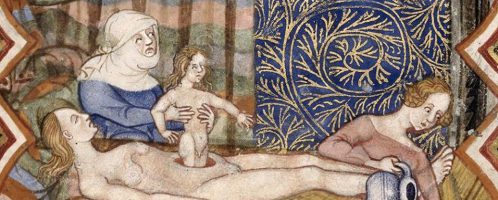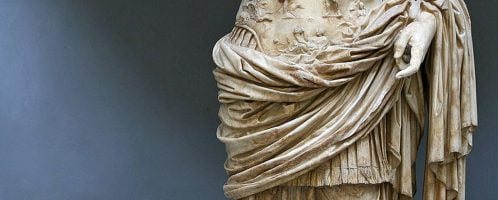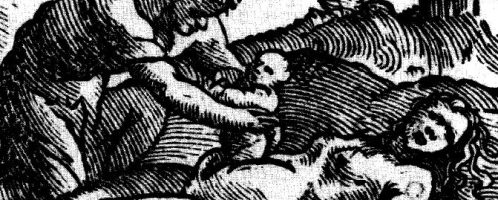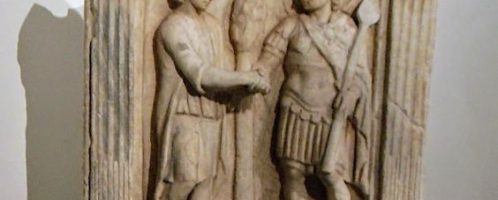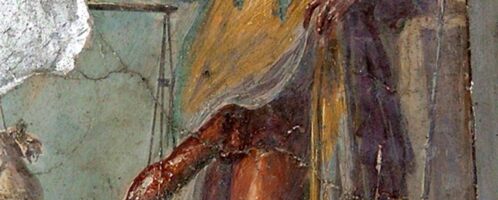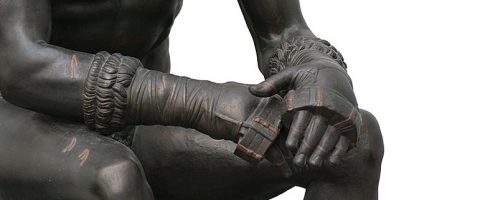Pompey was organizing great games
Gnaeus Pompey was famous for hosting on a huge scale games with wild animals. When he became a consul, he took care of the construction of the theater, where he exhibited mimic, music and wild music contests, including elephants. According to Plutarch, 500 lions were also supposed to die there. If it’s about bloody animal shows, the bears were fighting buffalo, buffalo with elephants, rhinoceros elephants.




